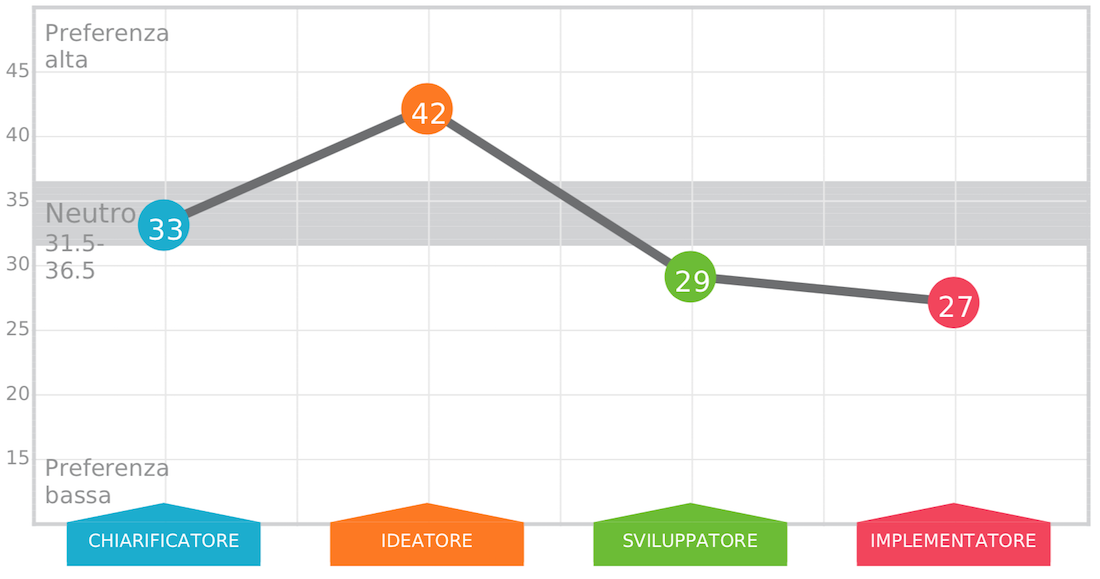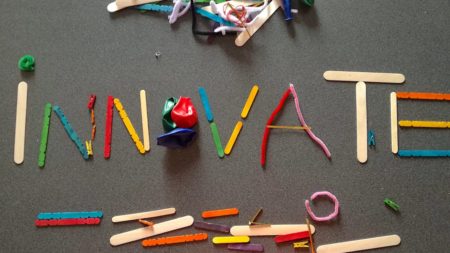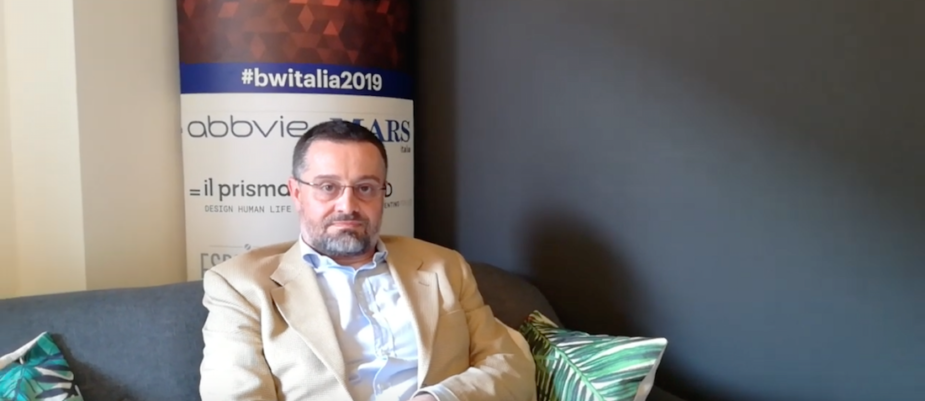
Self-knowledge and the awareness of the company’s human resources’ capability is the key to innovation: Andrea Montuschi, Great Place to Work‘s president tell us about FourSight, the assessment specifically designed to measure the natural preferences of the people for what concerns the four steps of the innovation process: clarifying, ideating, developing and implementing. The secret for a company is to create a team where being aware of diversity becomes the major asset for innovation.
Designed by Gerard J. Puccio, professor of the Buffalo State College’s International Center for Studies in Creativity, FourSight is nowadays one of the most useful assessment tools to help companies to do innovation in a productive way. Andrea Montuschi, Great Place to Work president, tells us about it in this interview, showing us how his firm, Italian leader in the study and analysis of the organisational atmosphere, have used FourSight as a tool to measure, analyse and foster creativity in Italian companies.
First of all, what is innovation?
Innovation is making a creative process to land. Gerard J. Puccio, FourSight’s creator, has divided it into 4 fundamental steps: clarification, ideation, development, implementation.
So, how does Foursight help us to foster creativity?
All starts with the concept that diversity helps the innovation process, but the diversity of which we are aware of. When we are not conscious of it or when it is not accepted inside a group, it could take to frictions and refuse to what is different from us. Therefore, starting from the four pillars of the innovation process, FourSight makes us aware of the steps where we are better by nature.
So, managers can build natural creative teams, without forcing anyone of doing something that is not his/hers.
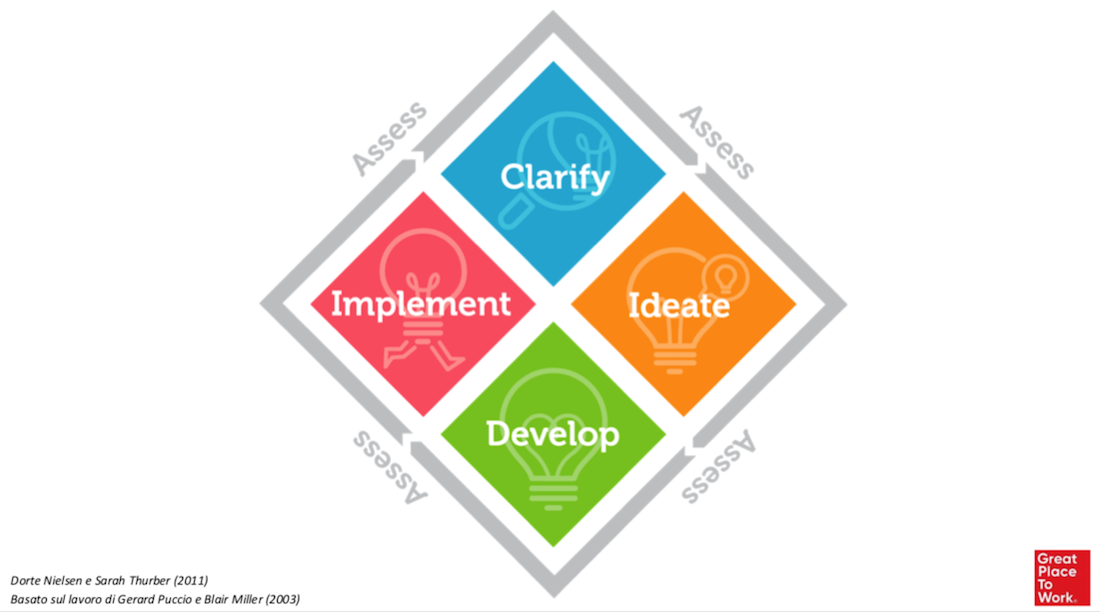
What insights does Foursight give us?
In short, what we are naturally good at, and what we have to work on. I know people who have a low point in ideation, but they ideate for working. How is it possible? Because they use tools and are surrounded by people who can compensate for their gaps.
Moreover, Foursight is very useful for teamworking: understanding our collegues’ nature, help us to create different teams. Anyway, Foursight is not a good instrument for recruiting: even though it tells us a natural predisposition, it doesn’t tell us if the candidate has acquired an experienced that has allowed him to improve his actual skills.
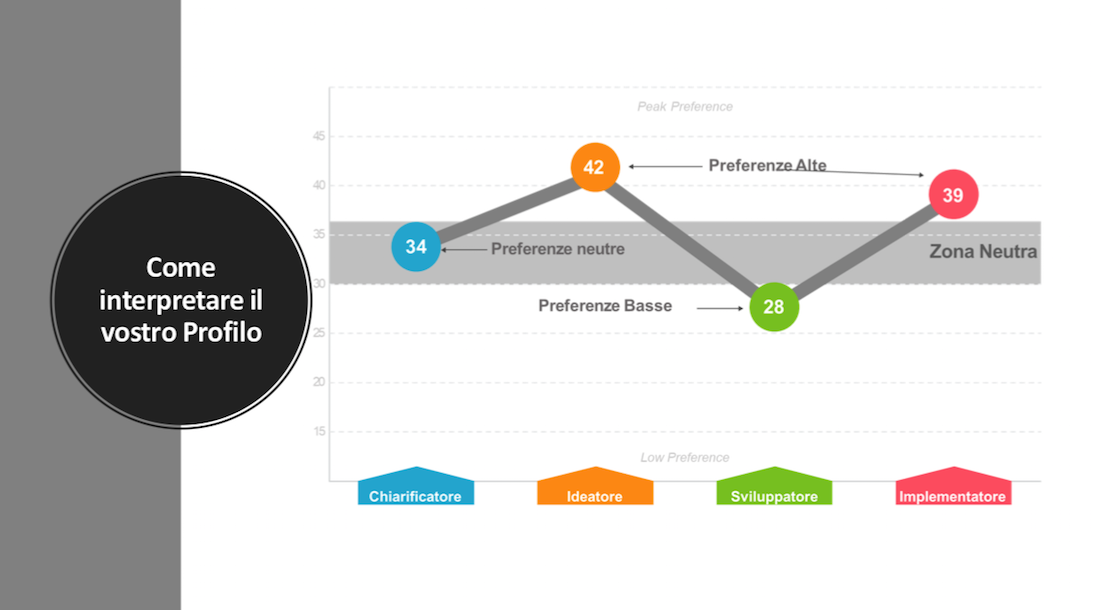
What is the Italian level of innovation? Is it true that “Italians are ideators”?
Creativity is not only ideation. If we think that last years’ innovative products have come from the German, American or East-Asian market we can see understand how the problem seems to be here that we generate 5500 ideas without implementing them.
We have to create a culture of the innovation, investing on a specific education focused on innovation: in the past investing on innovation was a “nice to have”, nowadays is like English: you can’t think to be competitive if your staff can’t do innovation.
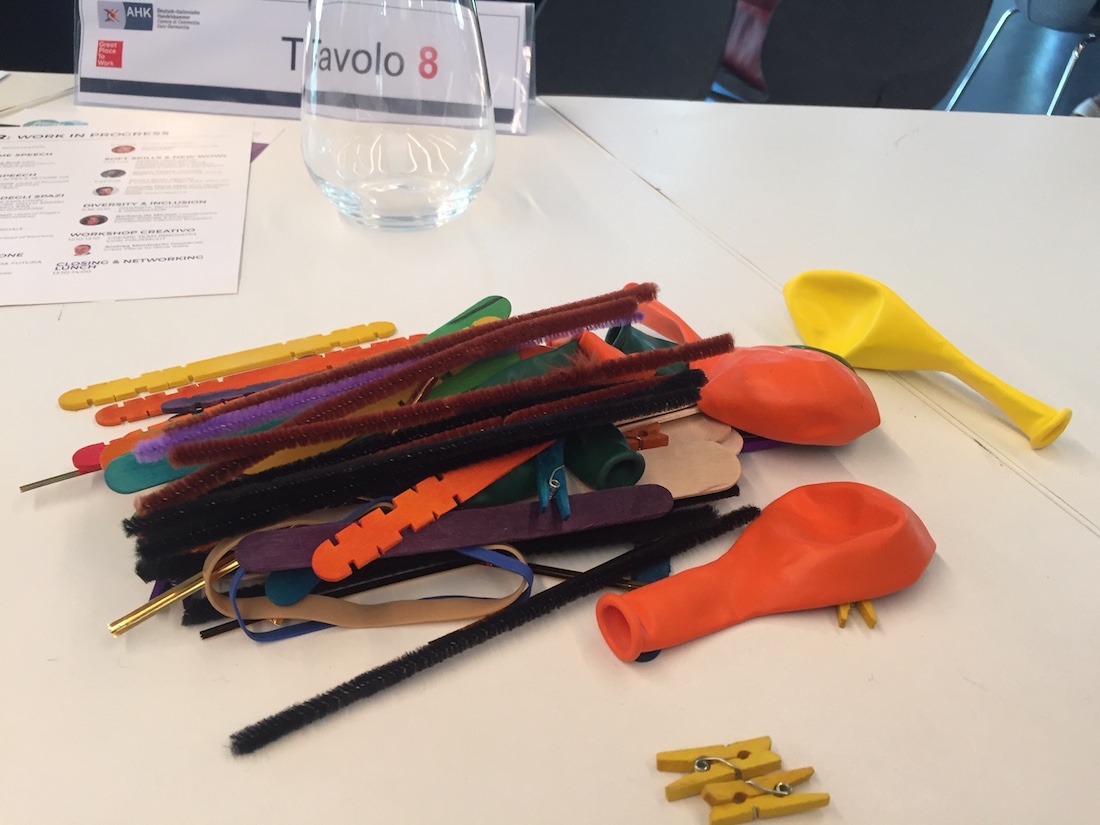
How do people and companies react to their FourSight profile?
First of all, FourSight is not a judging test, so generally, people and companies accept the final report and they recognize their attitude in it.
Nevertheless, there is a profile that is often disappointing: it is the “integrator”, the guy that doesn’t have any preference for any step of the innovation process. Actually, this is a very important role, it is the oil of the group, his goal is the harmony, the common wellbeing.
For what concerns companies, they need different profiles accordingly to their business: for example, there are more ideators in advertising companies.
So, what can you suggest to companies?
Knowing our team is fundamental. We need to go further the CV and the professional background. We need also to be bold in fostering diversity and cross-functional teamwork. I am not talking just about job-rotation, but pop-up teams that are created just for a precise goal and that dissolve after having achieved it in order to create other teams.
And to freelancers and to the people who are looking for a better position inside their company or a new job?
Working on better understanding ourselves is always a winning choice, it helps to build what we want to become and to invest in what really makes sense. There is no need of being shy, but lay your cards on the table: sometimes it is a mistake to try to pretend to be what we think that the company wants, this nowadays doesn’t pay off.
Text by Gabriele Masi.
